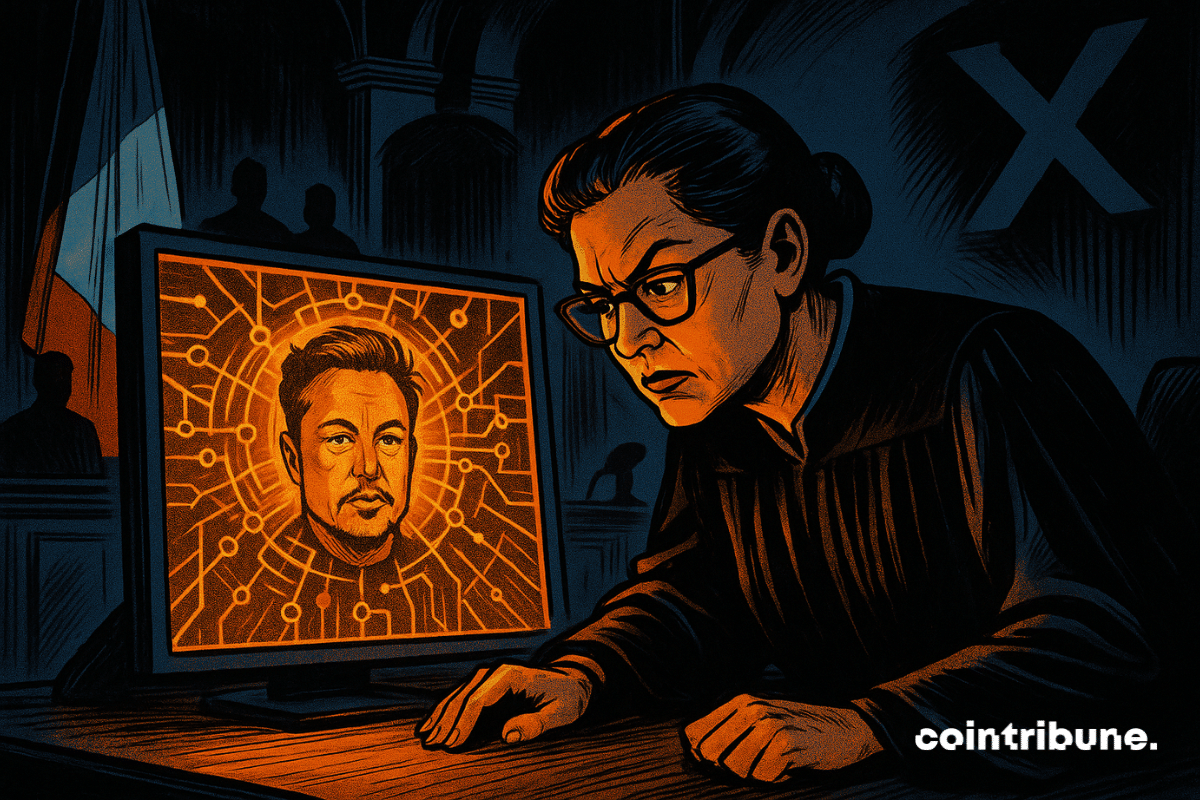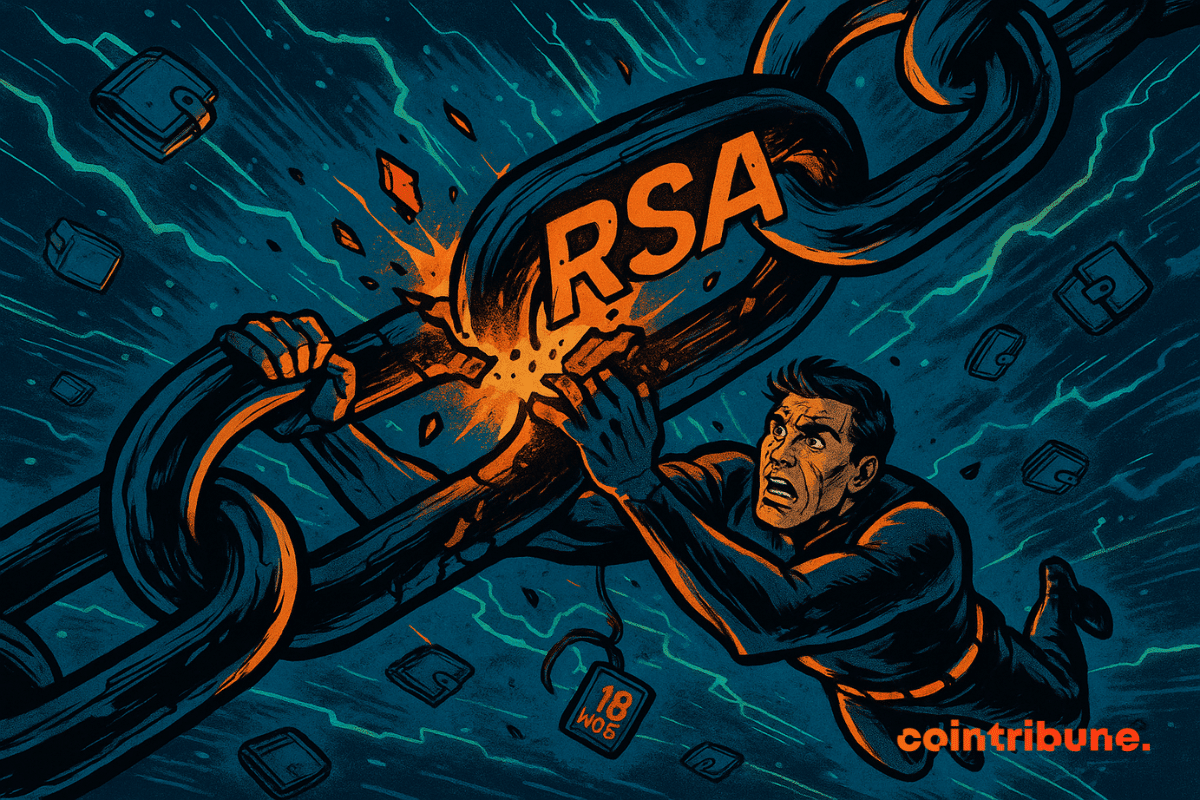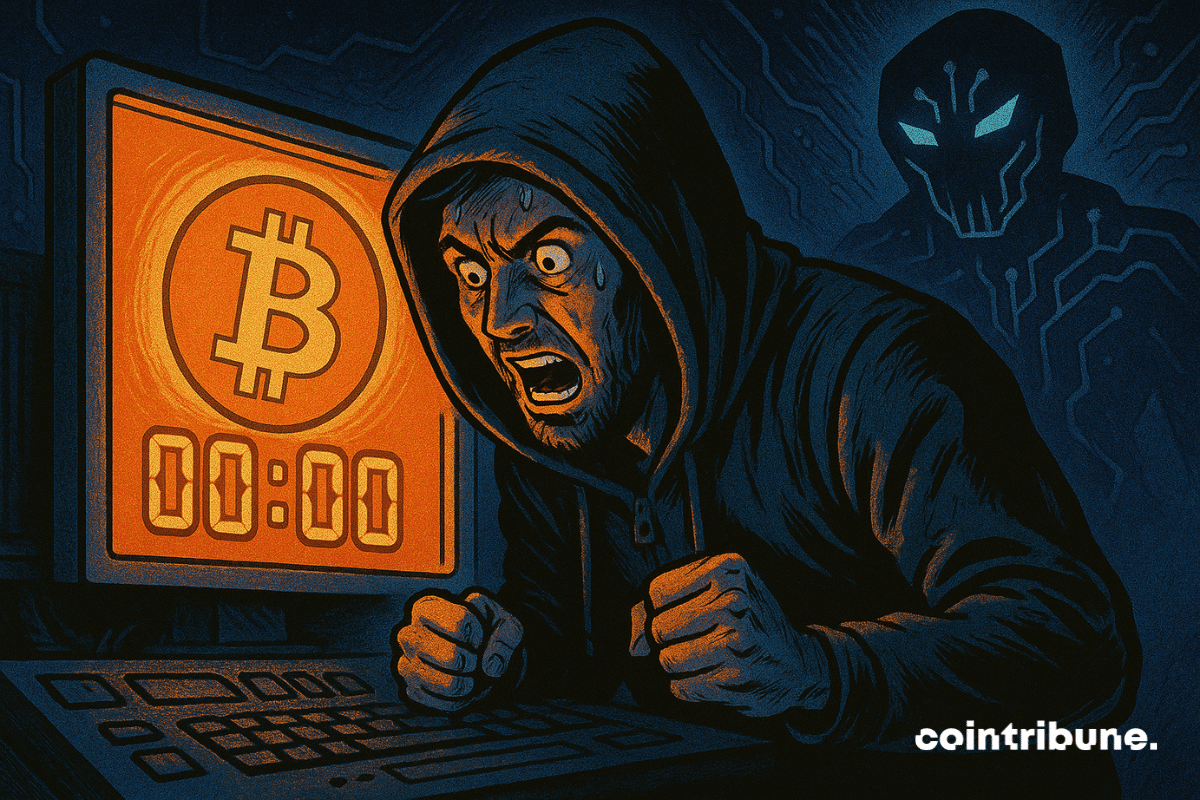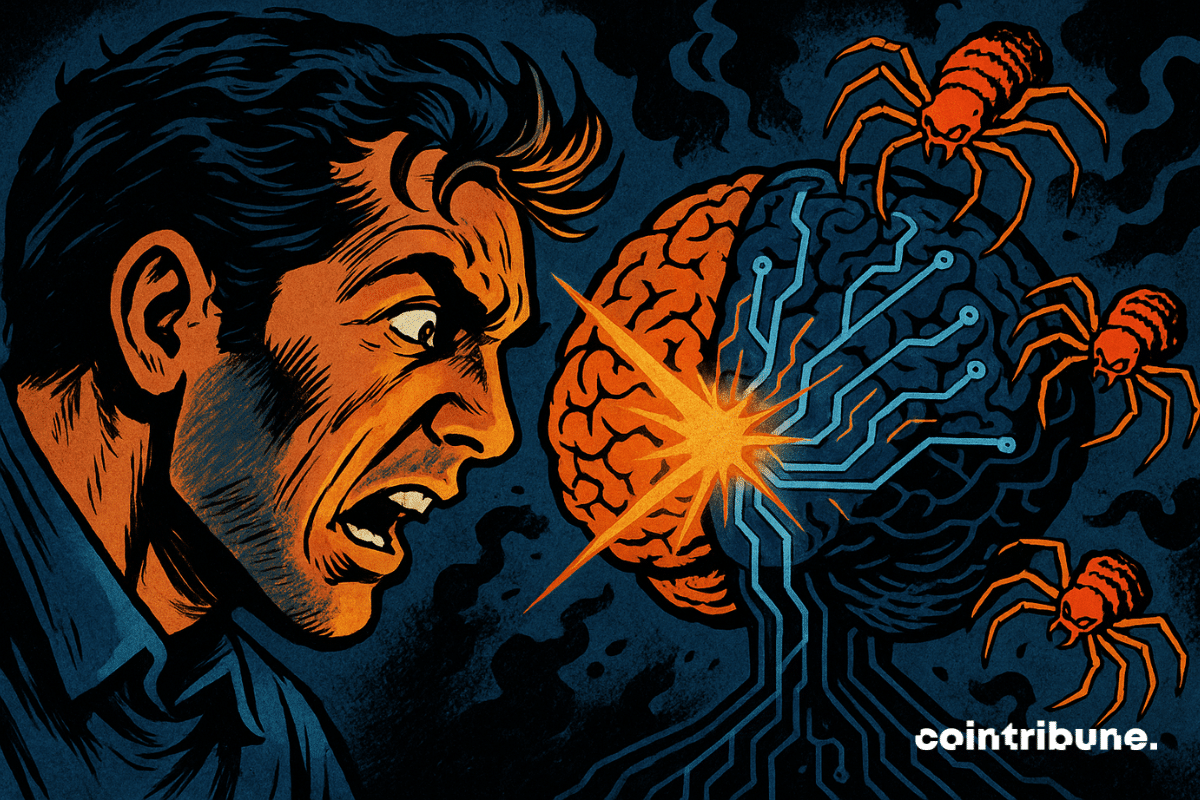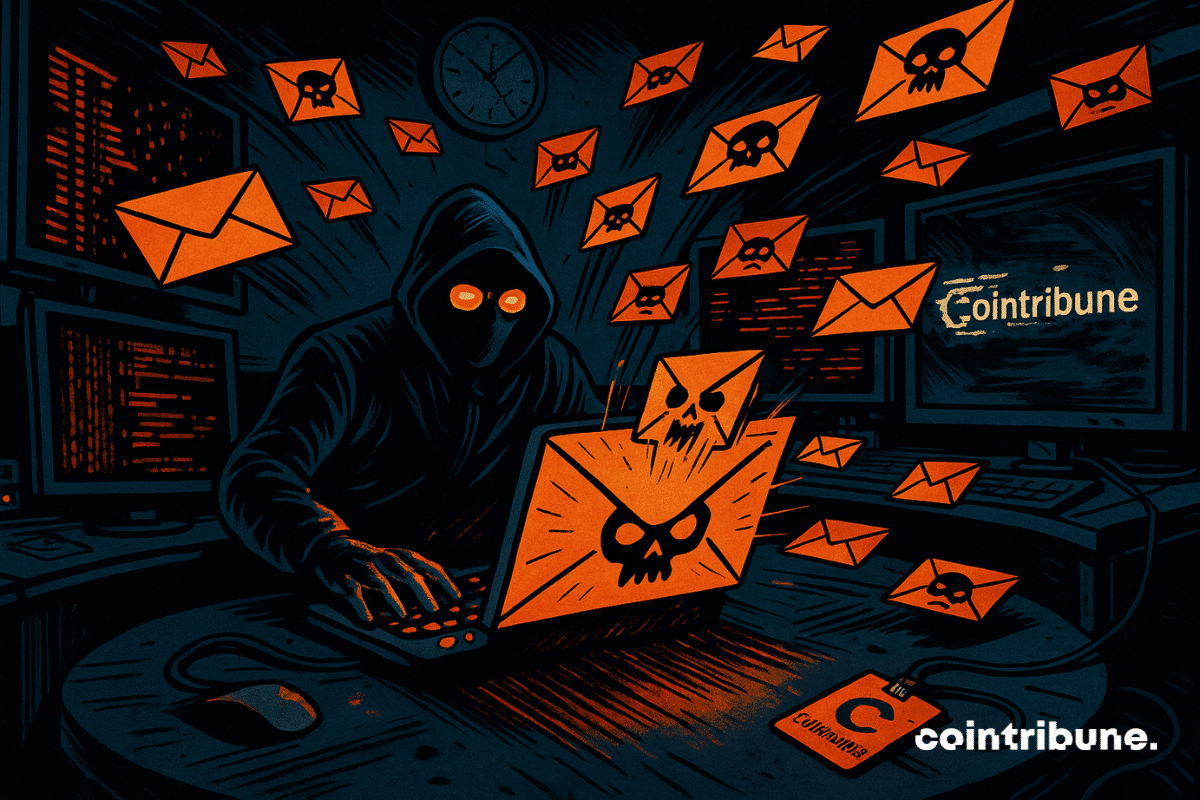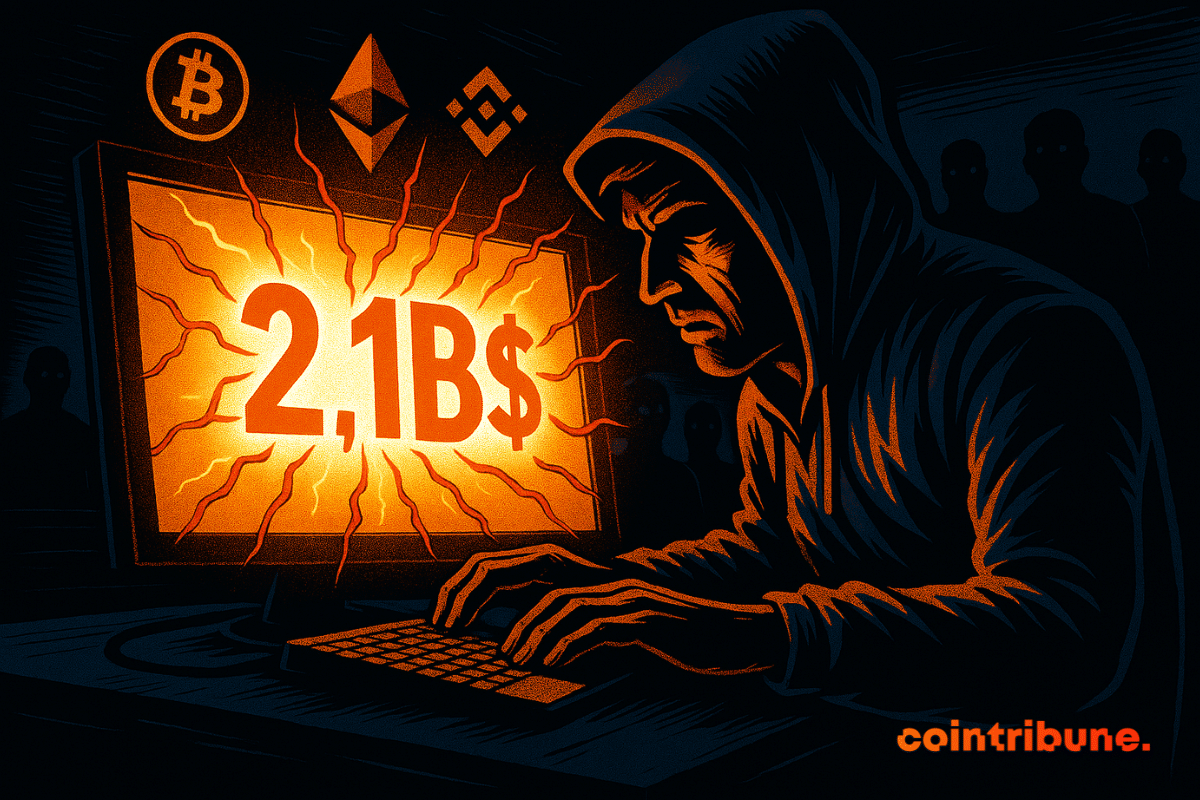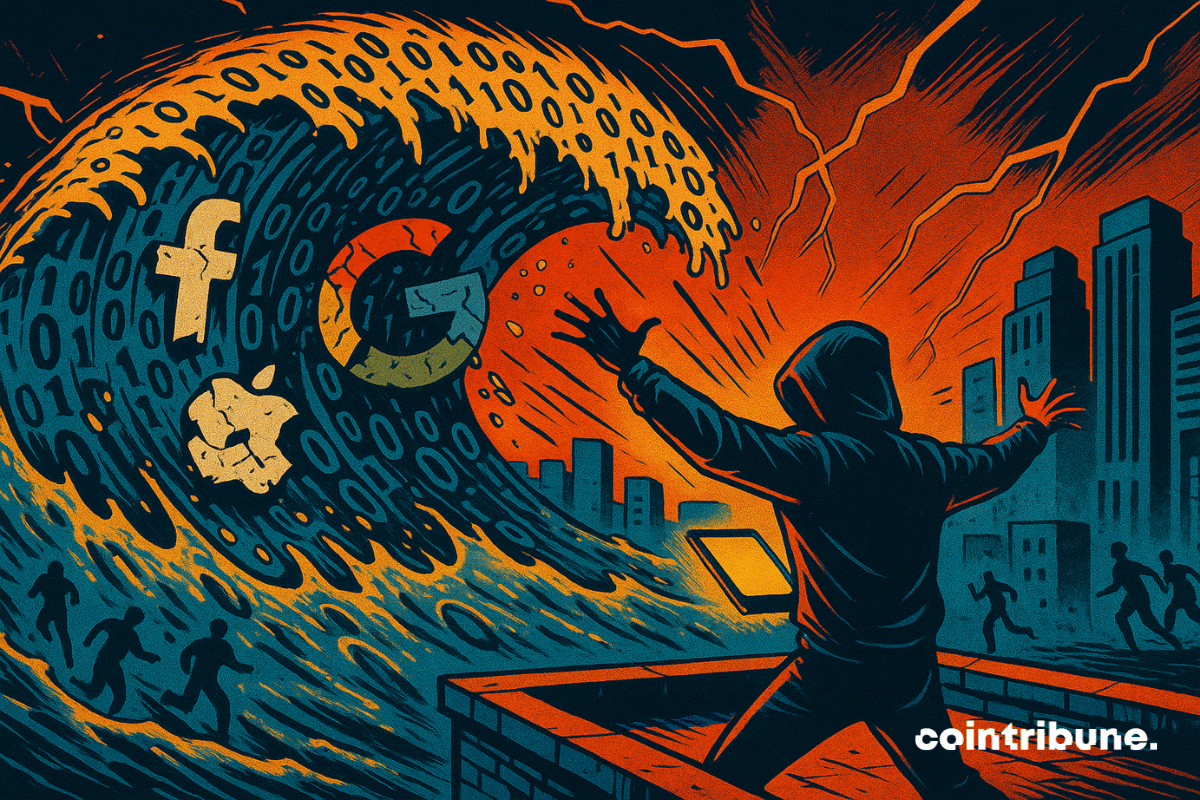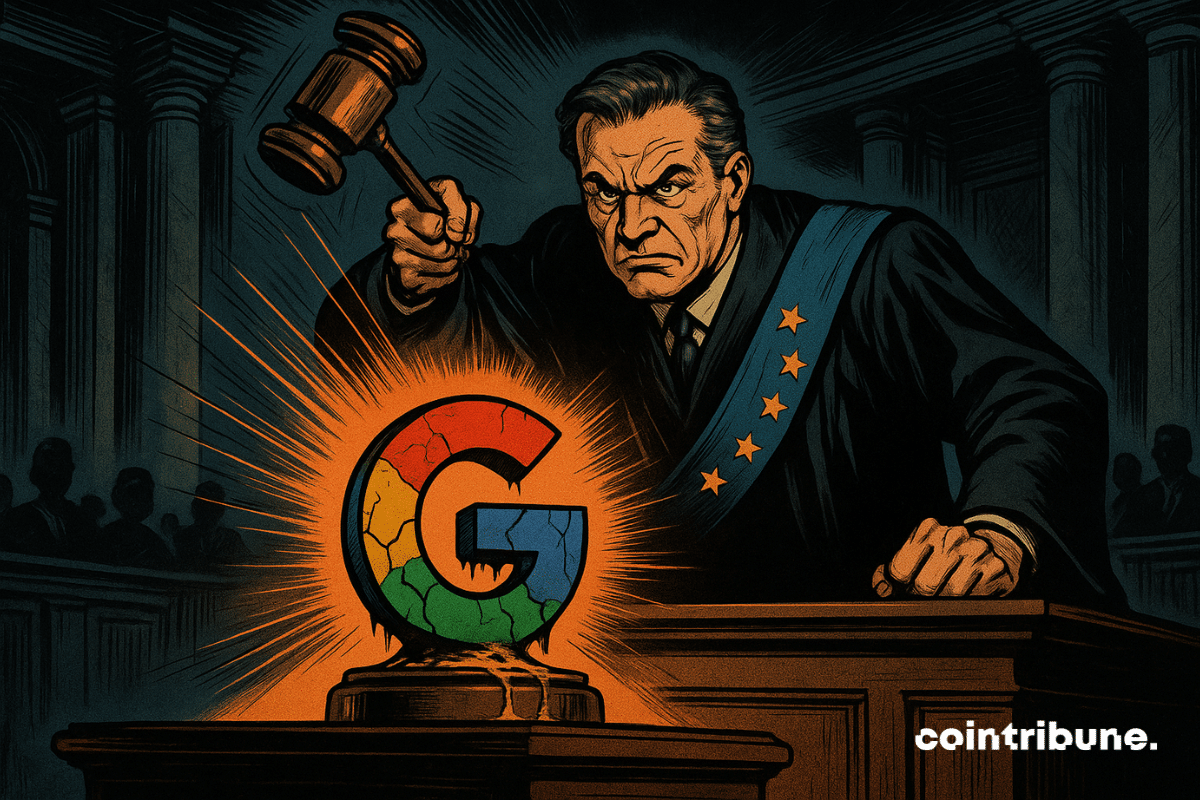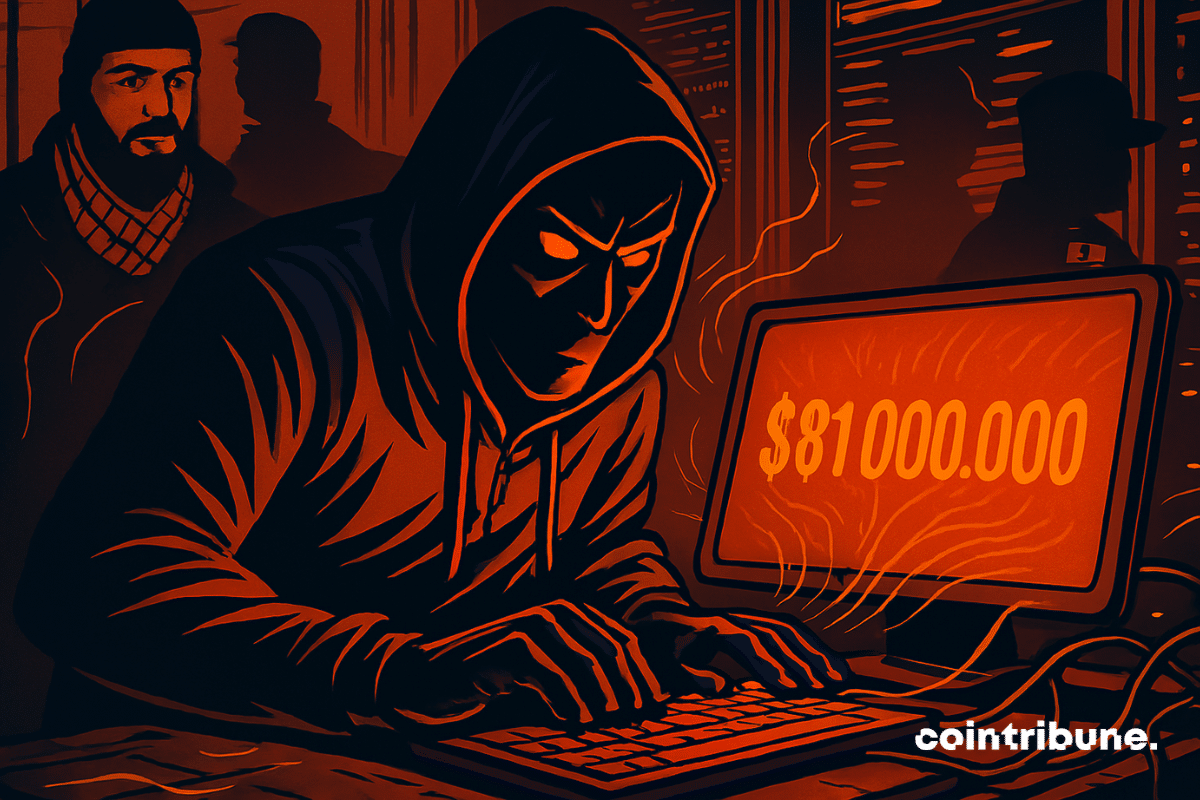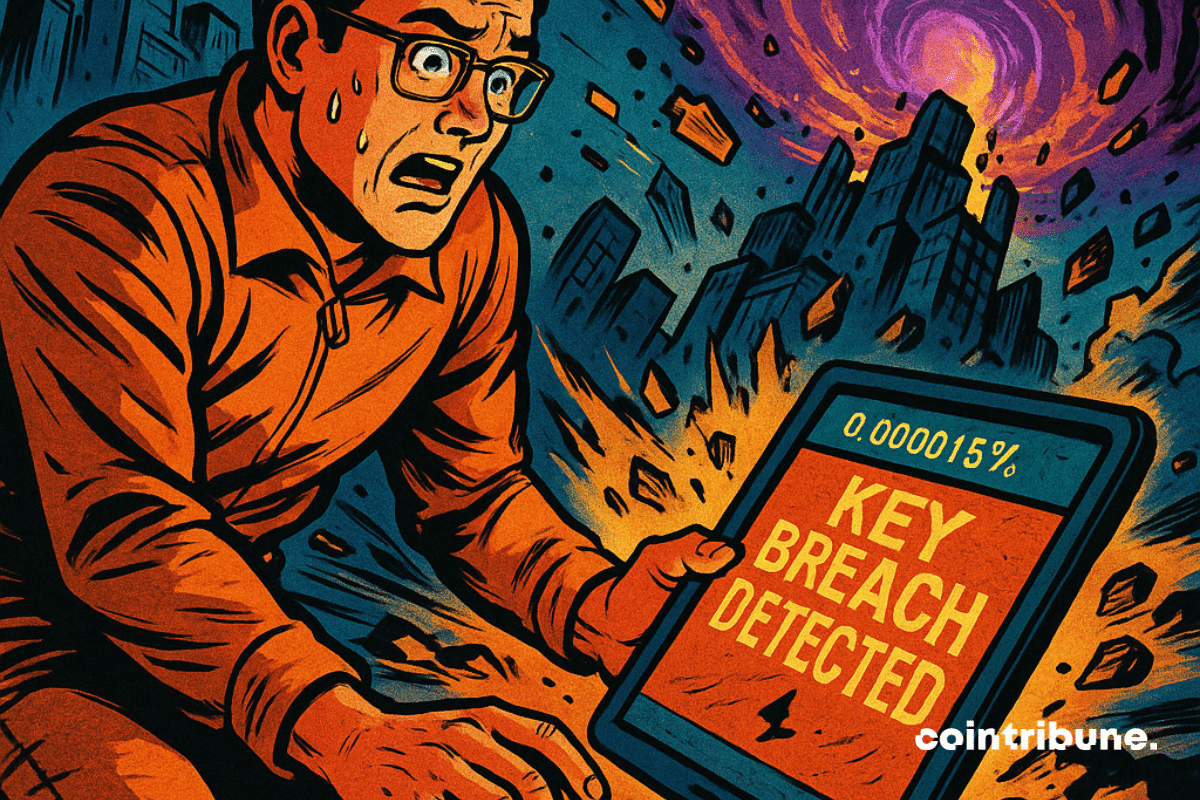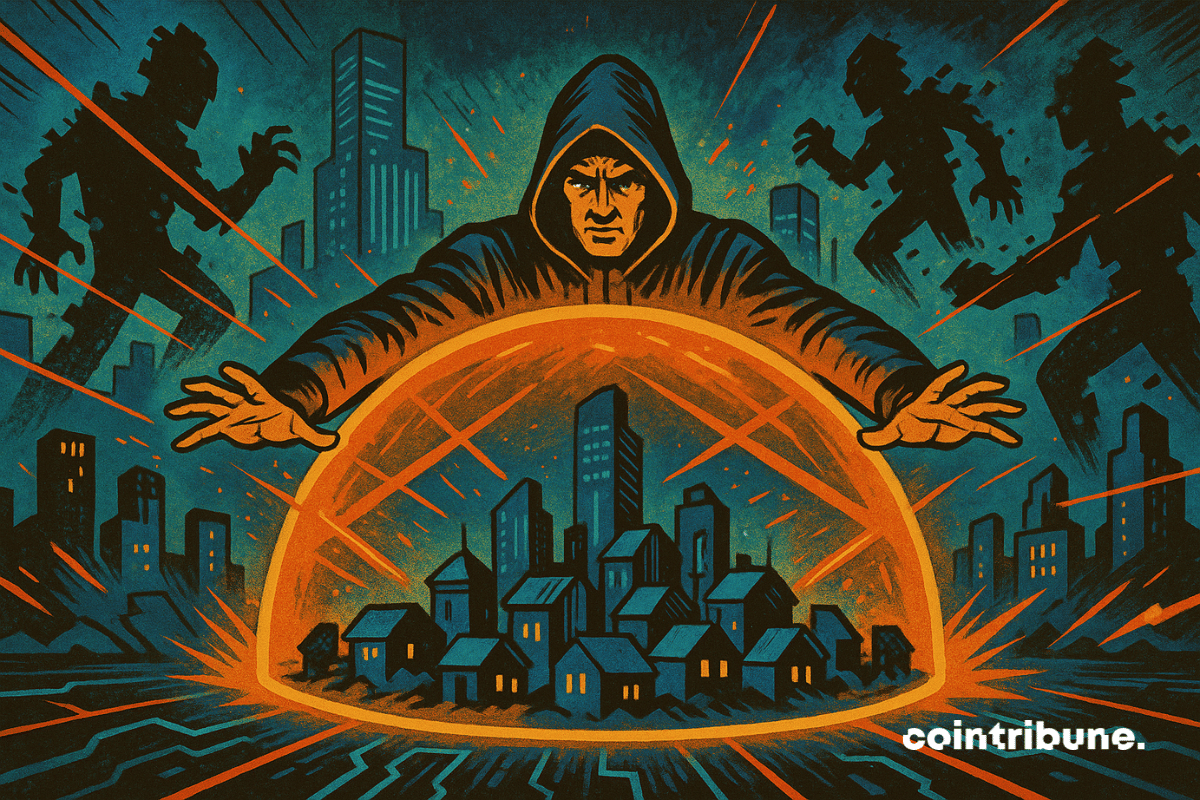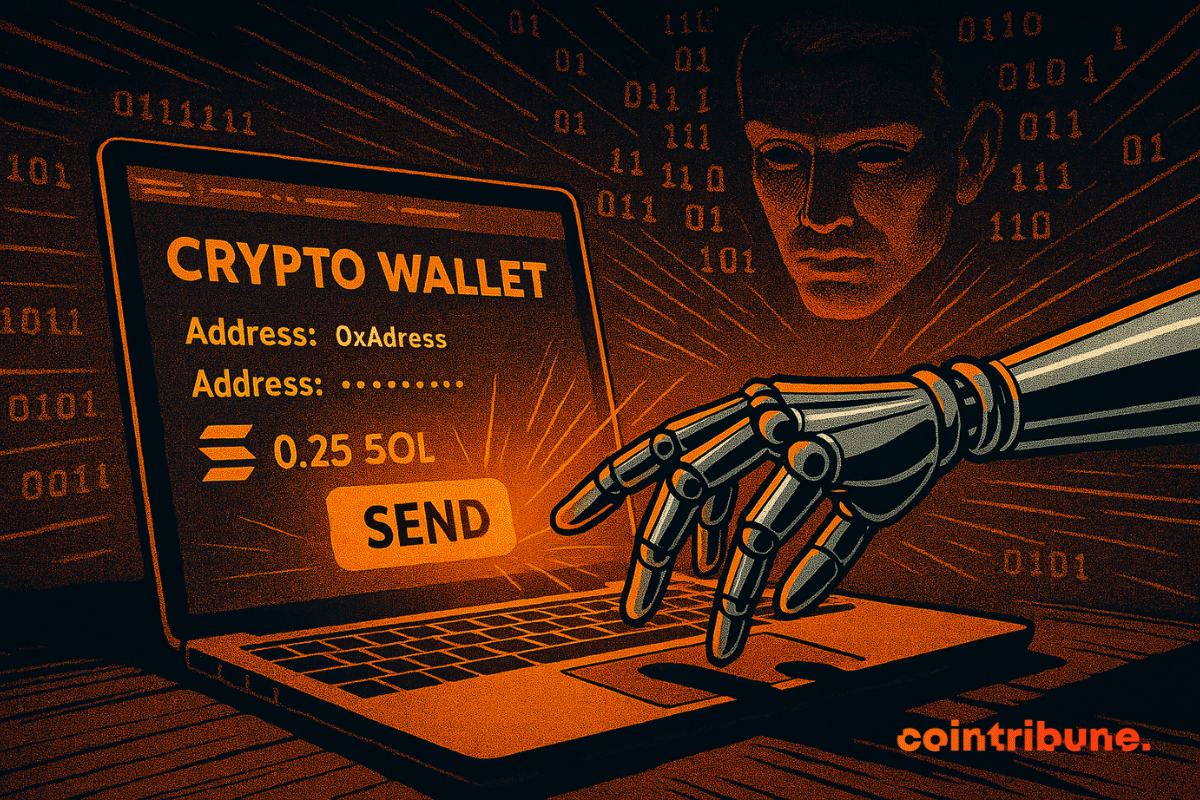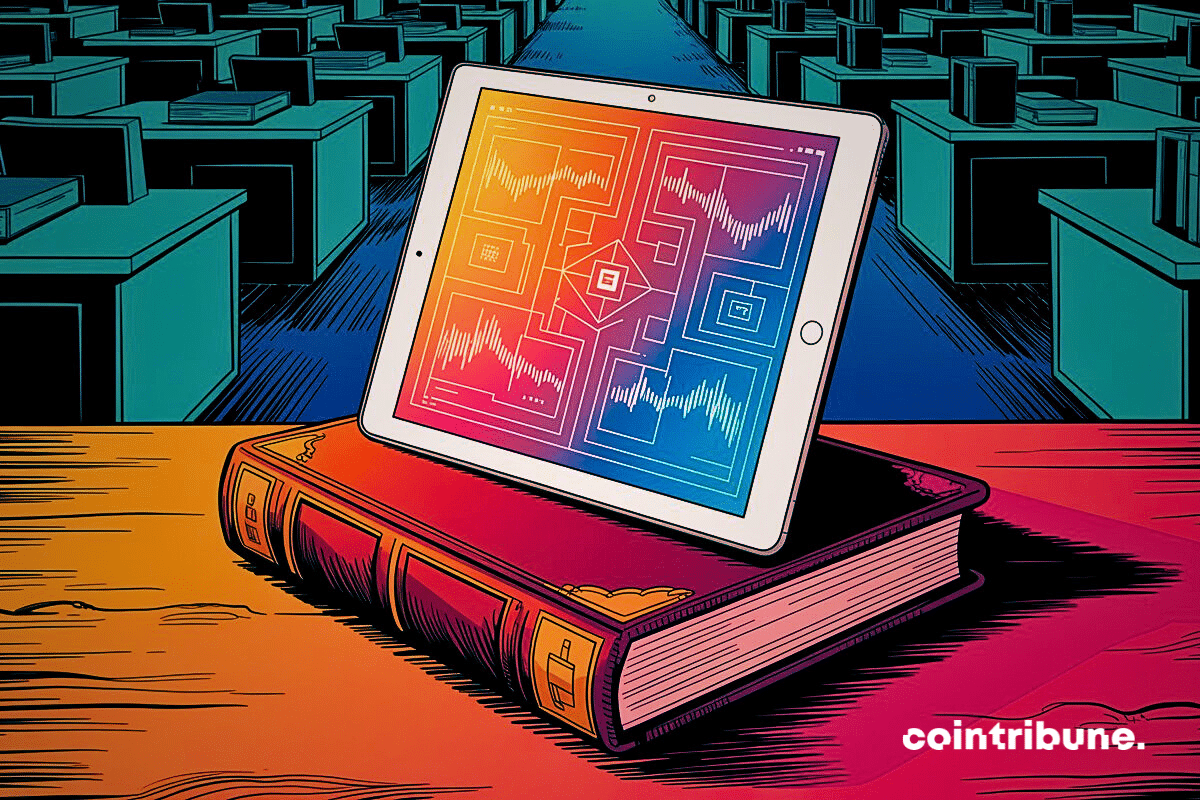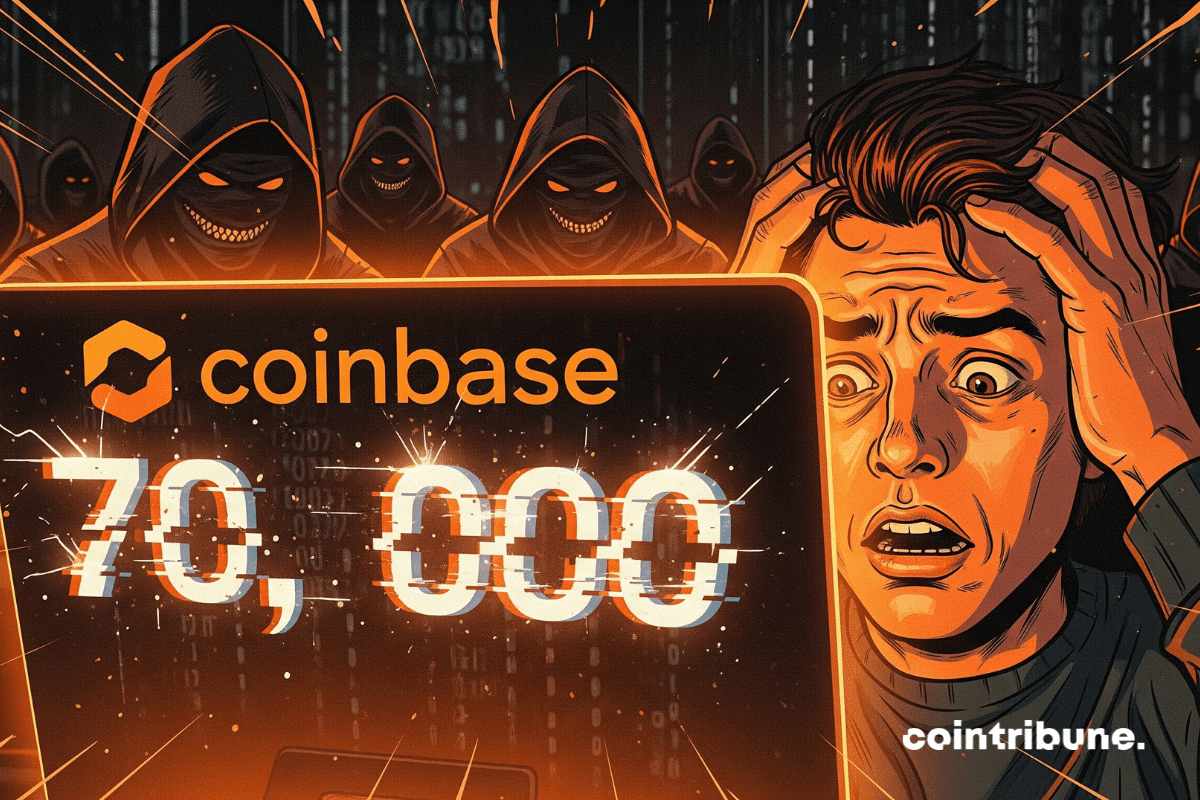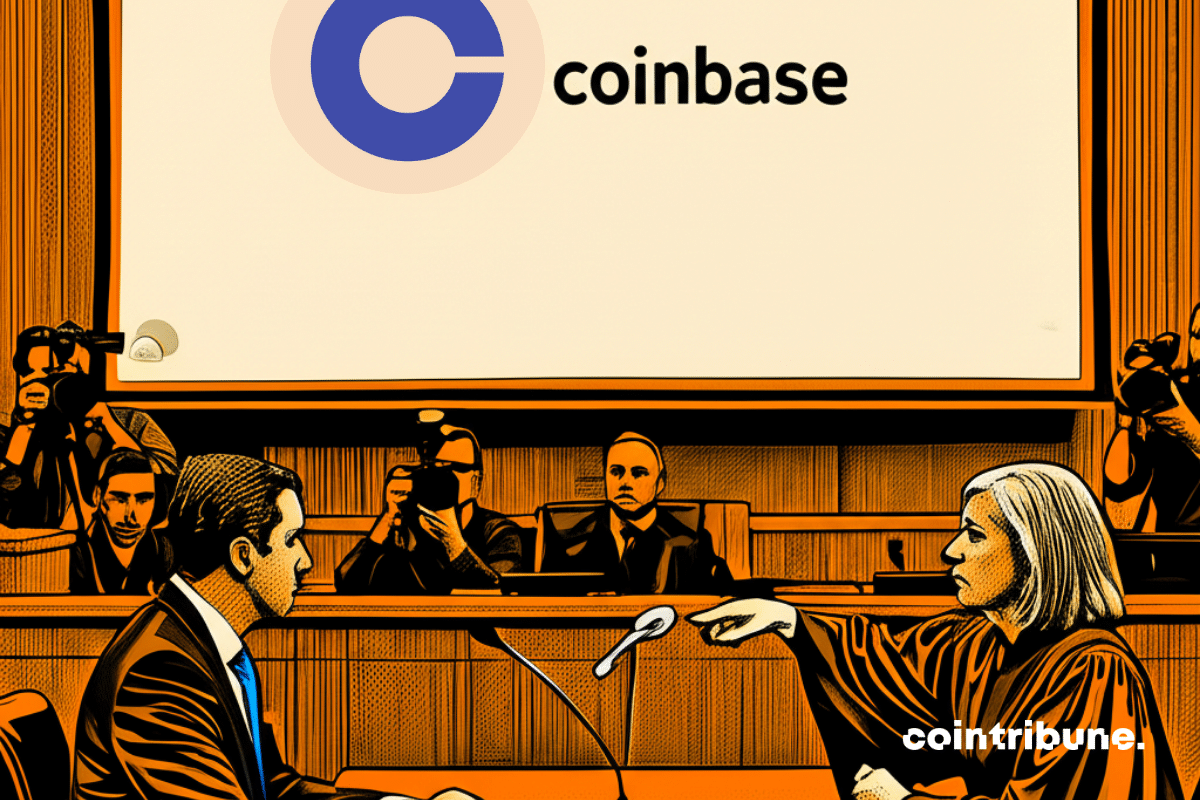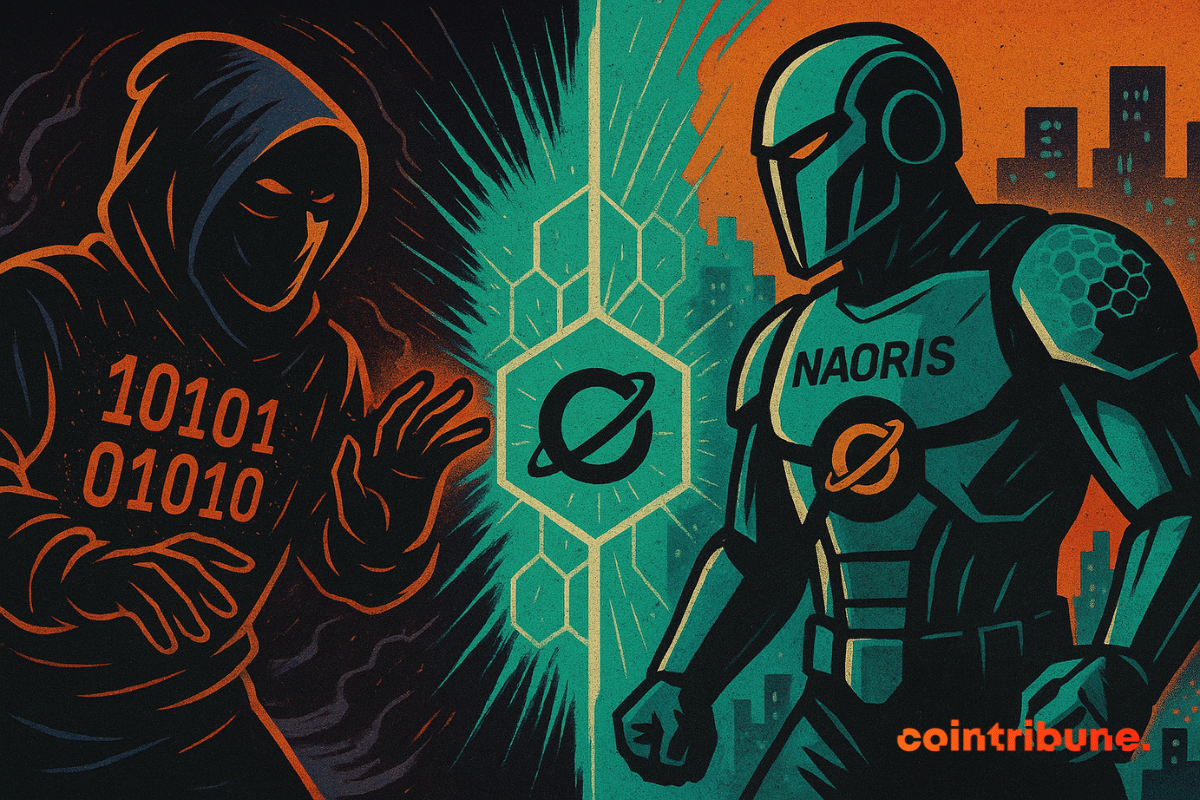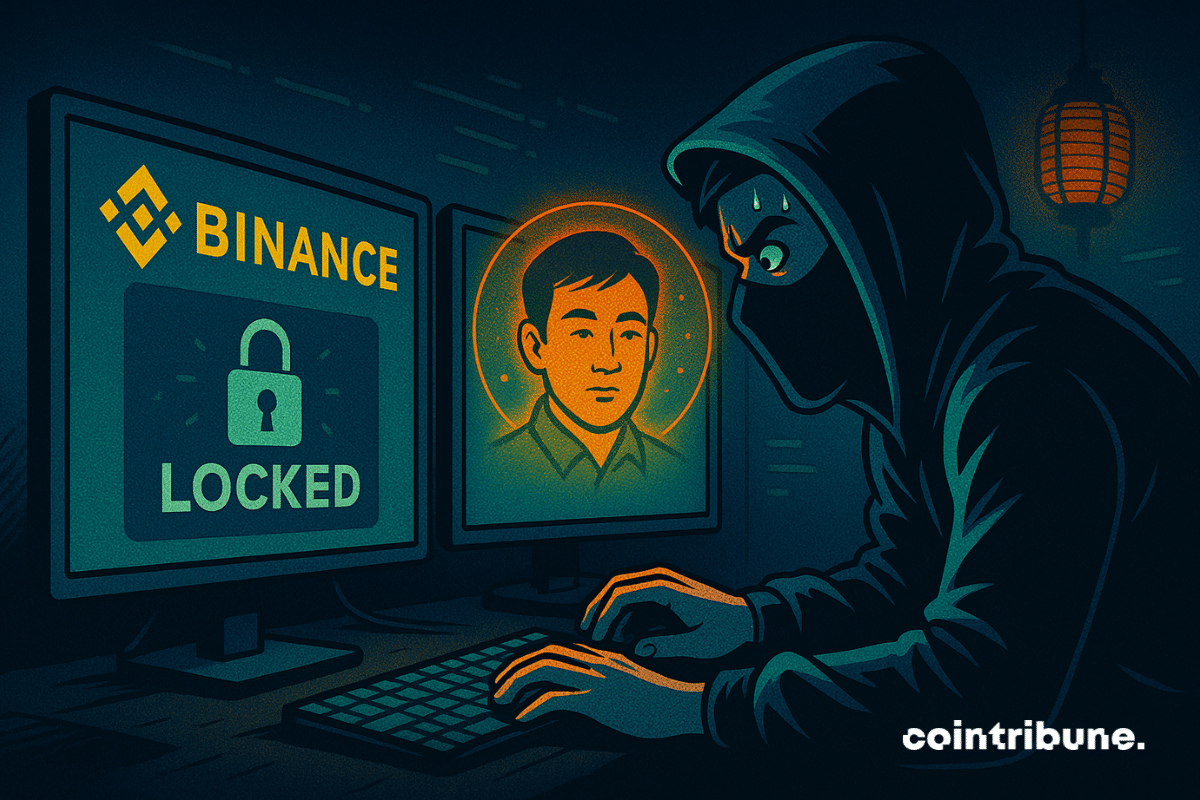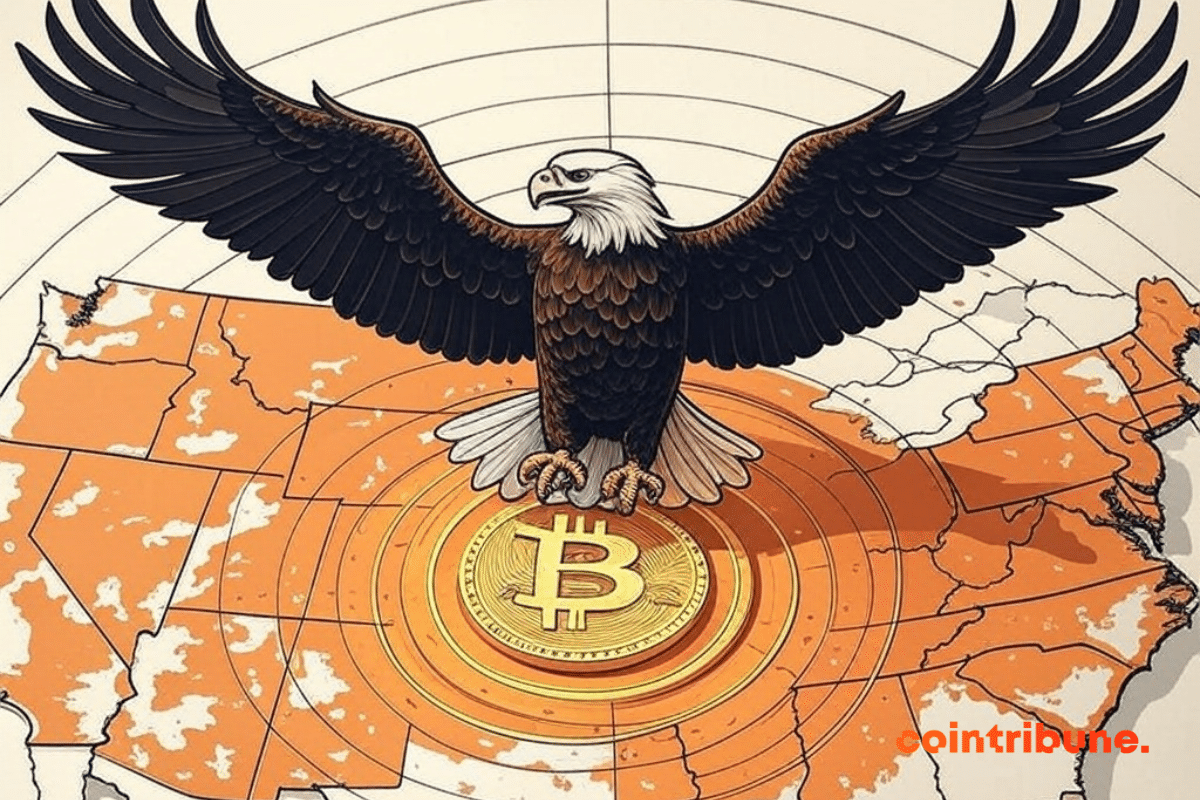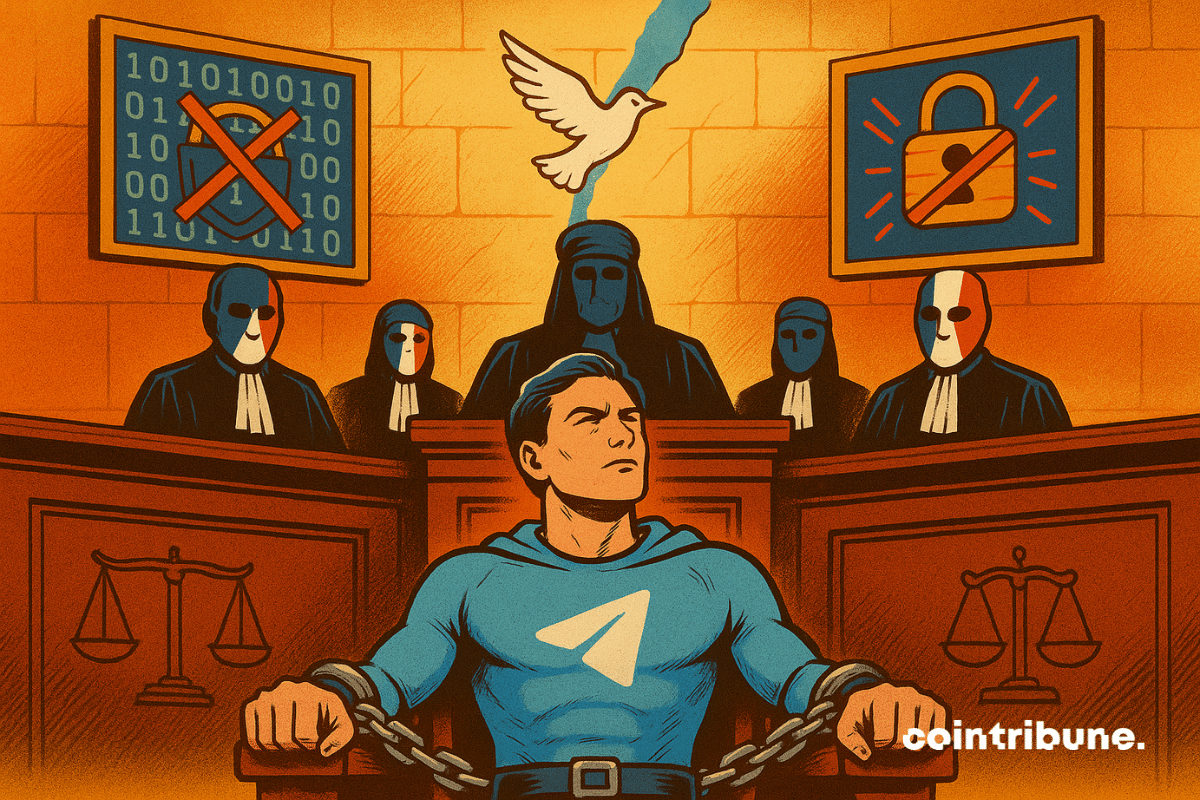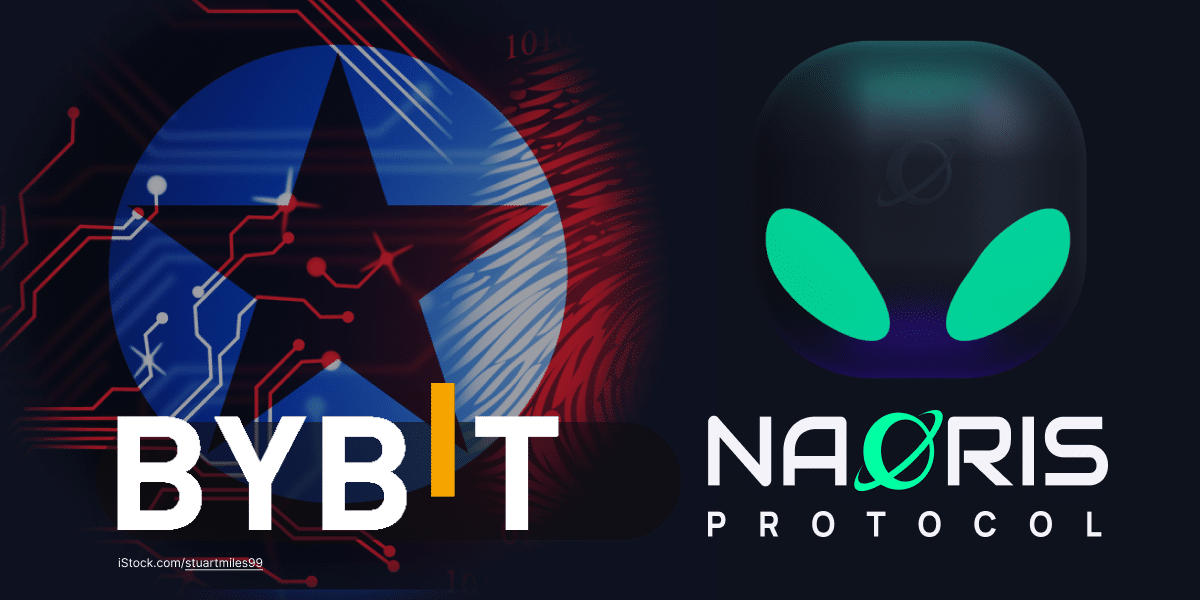The shadow of Elon Musk looms once again over Europe. The Paris court has opened a criminal investigation into the platform X, suspected of algorithmic manipulation for the purposes of foreign interference. This case, at the crossroads of cybercrime, European justice, and geopolitical tensions, could mark a new escalation in the trade war between the United States and the European Union.
Theme Cybersecurity
2025 marks a turning point in the quantum race. Japan has unveiled a superconducting computer with 256 qubits, the most powerful ever designed in this format. A few days later, China made a strong move by activating a system surpassing 1,000 qubits. Even better, Beijing announces concrete industrial goals in the coming 18 months. But one event shakes global cybersecurity: a Chinese team has reportedly managed to break RSA encryption using a quantum machine. These advancements render classical cryptographic systems obsolete, including those currently used by blockchains.
The quantum threat is not for tomorrow morning, but recent breakthroughs suggest that the Bitcoin community made the right move to initiate major maneuvers.
Web3 is facing a perfect storm of increasing threats. Phishing attacks have siphoned off more than $341 million in just 300 days, and the imminent arrival of the quantum computing era threatens to render current cryptographic protections obsolete. It is in this context that Naoris Protocol is positioned, developing the first decentralized post-quantum cybersecurity infrastructure designed for blockchain ecosystems.
In a digital context where threats are multiplying, unfortunately Cointribune is no exception to the rule. For the past few hours, our media has been the target of a phishing attempt directly targeting our audience through our newsletter. It is essential to quickly inform you of the situation and provide…
Crypto is stolen in 2025: from private keys to state-sponsored attacks. Bybit, a monumental hack. When governments take an interest in crypto-thefts, the game changes completely. Explanations below.
As the planet burns, 16 billion logins waltz through cyberspace. Radio silence from the giants. They're hiding everything from you, even your own passwords.
The Court of Justice of the European Union could dismiss Google's appeal against a fine of $4.7 billion. This judicial setback is not just an antitrust matter: it embodies the growing tensions between American tech giants and European digital sovereignty.
For several months, France has been bustling on the digital scene. At the heart of this excitement: Telegram, the messaging app favored by digital dissidents. Its founder, Pavel Durov, is no longer content with defending freedom of expression: he directly accuses the French authorities. In a recent interview, he raised a serious alarm. According to him, France is drifting, and this drift could precipitate a societal collapse.
As they clash with missile strikes, Israel and Iran are launching attacks... on the blockchain. Nobitex has suffered from it, cryptocurrency hacked, propaganda unleashed.
In June 2025, the quantum industry reached a historic milestone. Oxford University announced a world record with a quantum gate achieving an error rate of only 0.000015%, or one error every 6.7 million operations. A few days later, IBM unveiled its roadmap to a 200 logical qubit quantum computer, named Starling, expected in 2029. Meanwhile, Nvidia CEO Jensen Huang stated that the quantum computing sector has reached an inflection point, heralding a new technological era. In light of this acceleration, a major question arises: Is Web3 ready for the post-quantum world? The reality is more concerning than it appears.
At 10 years old, David Carvalho wrote his very first computer virus. It didn’t steal passwords, nor did it erase hard drives. It simply displayed a terrifying message on the screen: "You have been infected by Sunday. Your hard drive is being formatted." A prank, certainly, but in retrospect, it heralded something much larger: the emergence of a mind that would later advise NATO on cyber warfare and build what could become the most important security infrastructure of the post-quantum era. This journey, from a curious child in rural Portugal to the CEO of Naoris Protocol, is now recounted in a captivating interview on When Shift Happens. Carvalho reveals his personal evolution, but more importantly, why the trust model on the Internet is fundamentally broken, and how he plans to fix it.
Elon Musk keeps redefining the contours of digital communication. With XChat, his new messaging service integrated into platform X (formerly Twitter), he is not only innovating on features. He draws from Bitcoin's DNA to enhance security. The result? A messaging tool that promises to shake up Telegram, Signal, and even WhatsApp.
AI just wanted to help your cryptos. What’s the result? It might just hand them over to hackers... A digital revolution where the assistant becomes the thief.
Data security has never been more essential, and digitalization is becoming an imperative for institutions. It is in this context that Wecan and Solana are announcing a revolutionary strategic partnership. Through the Solana Attestation Service (SAS), they will enable institutions to secure and verify official records such as land, business, and shareholder registries directly on the Solana blockchain. A decisive step towards more reliable and transparent data management.
More than 69,000 Coinbase customers victims of an internal crypto attack. We provide you with all the details in this article!
"BlackRock sounds the quantum alarm: is Bitcoin ready?" This phrase resonates as a major warning for the crypto world. The asset management giant reveals a growing threat: quantum computing. This emerging technology could eventually compromise the cryptography protecting Bitcoin. Despite this warning, Bitcoin ETFs continue to attract record inflows, a sign that confidence remains strong. Meanwhile, Naoris Protocol establishes itself as the native post-quantum response, already deployed to protect Web3 and Web2 infrastructures. This advancement prepares the ecosystem for a future where quantum power will no longer be just a theory but a reality.
Bribed agents, massive data leaks, exposed clients… The crypto exchange Coinbase in the middle of judicial turmoil. Details here!
Long limited to its role as a store of value, Bitcoin is making a decisive breakthrough into DeFi. With the launch of the Peg-BTC (YBTC) token on the Sui network, Bitlayer introduces a "trustless" BitVM bridge that eliminates centralized intermediaries. This initiative marks a notable evolution. BTC becomes a fully usable asset within decentralized protocols, previously dominated by native tokens. A new chapter opens, that of an interoperable, mobile Bitcoin now active in programmable finance.
Encrypted messaging has dealt a fatal blow to the largest illicit market ever created on its platform. Haowang Guarantee, a hub of Chinese organized crime that facilitated $27 billion in dubious transactions, has shut down. A spectacular victory that ironically comes as Telegram staunchly defends its users' privacy against French authorities.
When quantum computers succeed in breaking the encryption algorithms that protect our blockchains, it won’t come as a surprise to everyone. For years, researchers and experts have been warning us: this revolution will be swift. And Web3—meant to ensure trust and security—may suddenly become vulnerable. The infrastructure behind many current chains is not ready. Complex updates, costly migrations, risky forks. That’s where Naoris Protocol comes in, a pioneer of a new paradigm: the Decentralized Post-Quantum Infrastructure, operating deep below all traditional blockchain layers. “Q-Day is closer than you think: here’s how Naoris is preparing your blockchain for the future, with no need for a fork.”
As the adoption of cryptocurrencies accelerates, a study by Binance Research conducted among 30,000 investors in Asia reveals a notable increase in their skills regarding cybersecurity. This report highlights a central paradox: the more widespread the usage, the more technical flaws multiply. Between heightened caution and persistent vulnerabilities, security standards evolve, supported by a community of investors who are increasingly well trained in the issues of cryptocurrency protection.
The CIA discovers that bitcoin tracks better than a double agent: a comical turnaround for a cryptocurrency born against the State, which has become the State's arm. What a flip!
Telegram sent an unequivocal message to its French users this Tuesday, firmly defending the principle of encryption in private messaging. This communication comes after the rejection of a controversial amendment in the National Assembly that aimed to impose "backdoors" in encrypted messaging applications.
As quantum computing threatens to break the foundations of traditional cybersecurity, Naoris Protocol emerges as the essential response to ensure trust and integrity in a rapidly changing digital world. As the world's first post-quantum decentralized infrastructure, Naoris does not simply protect the present: it anticipates the threats of tomorrow.
Grok AI spits out a coin name, scammers seize it, CZ pockets 90 million fake dollars, and crypto rediscovers that artificial intelligence sometimes rhymes with very real scams.
Durov flies to Dubai, leaving behind French justice. A stroke of genius or the last act before the fall? The crypto world holds its breath.
Trezor believed its vaults were impenetrable, but Ledger blew on the lock. A sealed flaw, a shaken trust, and the crypto security war is back in full swing.
On February 21, 2025, Web3 faced its most devastating hack yet—Bybit, a leading exchange, was hacked for $1.4 billion in ETH and staked ETH, sending shockwaves through the digital asset community. This unprecedented breach exposed a persistent truth: centralized exchanges (CEXs) are the Achilles’ heel in Web3 security.
The crypto industry, once synonymous with financial innovation, is now becoming a prime playground for increasingly sophisticated scams. While 2024 has already been marked by an explosion of digital fraud, Chainalysis sounds the alarm: 2025 could very well be the most lucrative year in history for cybercriminals. Artificial intelligence (AI), once seen as an asset to enhance security, is now becoming a formidable weapon in the hands of fraudsters. Identity falsification, voice impersonation, automation of psychological manipulations... the new strategies of scammers are pushing the boundaries of the possible.
